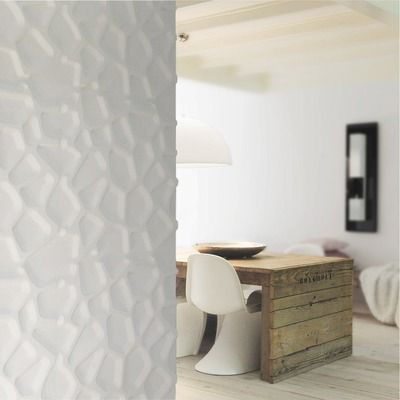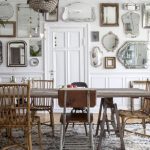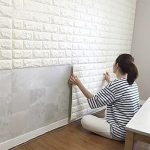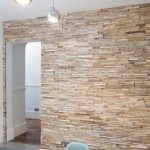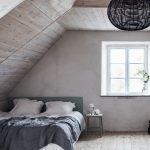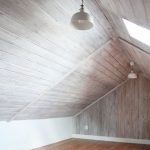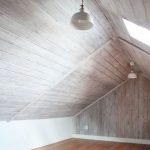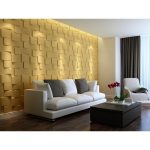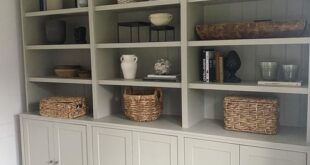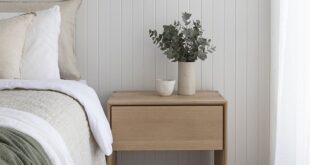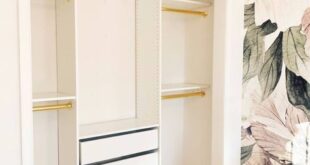The material you choose for your cladding can have a huge impact on the atmosphere in your space. Let’s take a look at what types of material are available in wallcovering and which material is best for you.
Vinyl siding is very common and can be designed in an incredible number of ways. It is Lightwhat makes work and installation easier and is usually found as a peel-and-stick panel. Vinyl is easy to care for and only requires moderate cleaning from time to time with a damp cloth and a light cleaning solution.
Vinyl is inherently water-resistant so you don’t have to worry about moisture or surprise leaks damaging your panels too much.
In addition to the variety of styles available on vinyl records, vinyl is easy to repaintwhen you have access to one high quality acrylic paint. So you never really get stuck with one design and always have the opportunity to adapt your patterns to your needs.
Wood panels have a lot in common with vinyl panels. They can be easily painted or reworked at will generally available as peel and stick panels. Solid wood wall panels can be a little heavy. So think about how you will transport your order to your installation location.
Unlike vinyl panels, panels are made of wood prone to water damage As a result, large changes in humidity and temperature in your home can cause the panels to peel, warp, or rot. Fortunately, wood panels are easy to repair because it is easy to do Sand down rot and warpage and rework according to original installation.
If you think regular maintenance might be a problem for you, but still want wood panels, then you should consider investing in hardwood panels. Hardwoods Of course, they are more resistant to rot and water damage than other woodsSo you have less work to do to keep your panel healthy.
MDF and other types of wood can save you a lot on your first purchase, but they require additional maintenance. MDF is a particulate woodThis means that wood particles have been joined together with glue and pressure to form a single sheet. This construction method leaves gaps in the wood that leave it particularly susceptible to water and rot.
EPS stands for expanded polystyrene, a type of foam that you may know as styrofoam.
Technically, Styrofoam is a term used to describe EPS commercially, while EPS is a term that technically describes some types of this foam. EPS makes for phenomenal wallcovering material as it provides Thermal insulation, soundproofing and can be freely shaped to create 3D designs on your fairing.
 decorafit.com Design ideas for your home and patio
decorafit.com Design ideas for your home and patio
